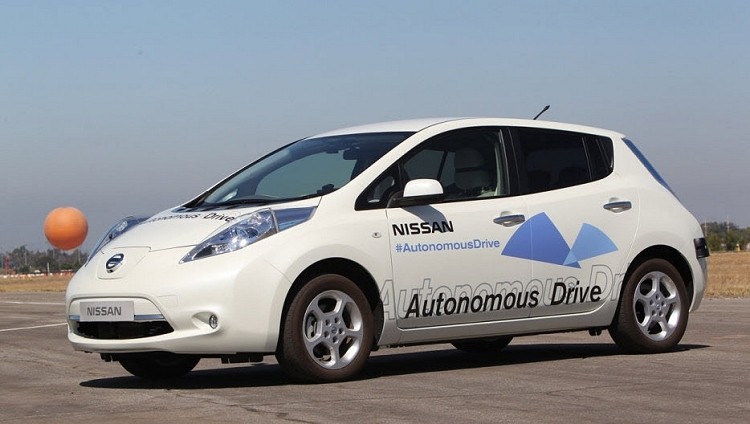
Driver error is the number one cause of automobile crashes so what would happen if you removed humans from the equation? According to independent research by the Eno Center for Transportation, vehicle-related injuries would drop by 90 percent and save the US economy roughly $450 billion each year.
The group discovered that 40 percent of fatal crashes in the US involved alcohol, drugs, fatigue or distraction – all metrics that wouldn’t affect an autonomous vehicle. Even in cases where a vehicle is primarily responsible for an accident, human elements like not paying attention and speeding often contributed to the occurrence of crashes and / or the severity of injuries.
The adoption rate of self-driving vehicles among consumers will of course play a big role in how many accidents can be avoided and how much money the economy could save. For example, if one in every 10 car was replaced with an autonomous vehicle, it would reduce crashes and subsequent injuries by roughly half and save around $25 billion each year.
To realize 90 percent safer roads as mentioned in the introduction, an equal 90 percent adoption rate would be necessary while hitting the $450 billion savings mark would require nearly 100 percent adoption.
Several self-driving cars are in the works from the likes of Google, Mercedes, Nissan and Toyota but thus far, the high cost of necessary components and lack of general regulations have only helped to slow down progress. It’ll eventually happen but it’s just a matter of how long it will take.
